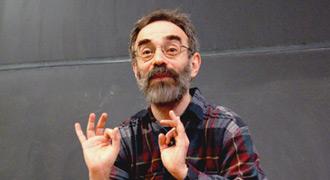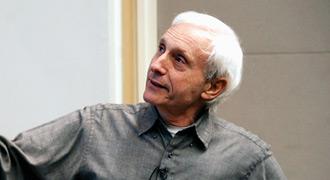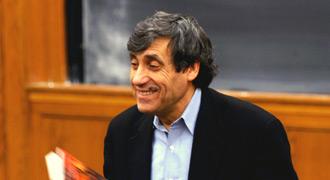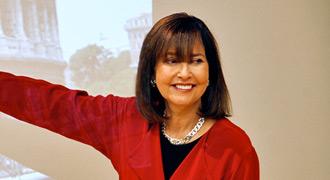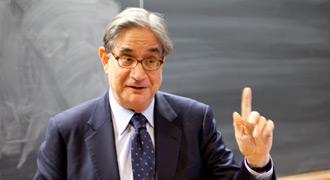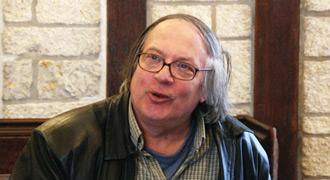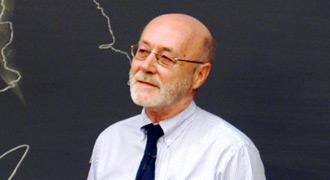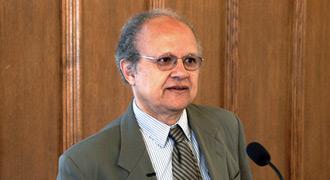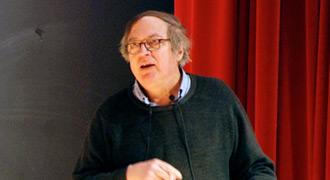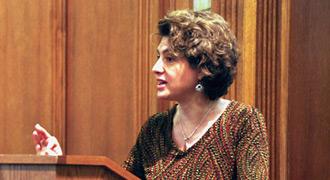
Philosophy and the Science of Human Nature
Philosophy and the Science of Human Nature pairs central texts from Western philosophical tradition (including works by Plato, Aristotle, Epictetus, Hobbes, Kant, Mill, Rawls, and Nozick) with recent findings in cognitive science and related fields. The course is structured around three intertwined sets of topics: Happiness and Flourishing; Morality and Justice; and Political Legitimacy and Social Structures.
